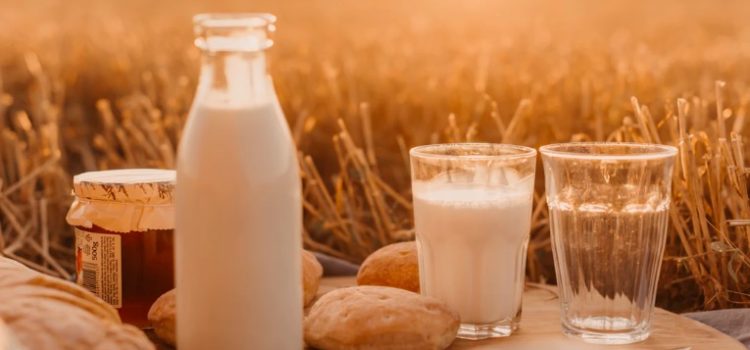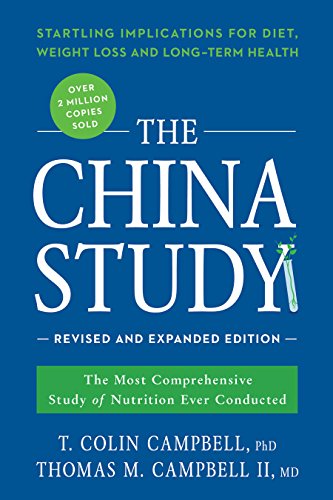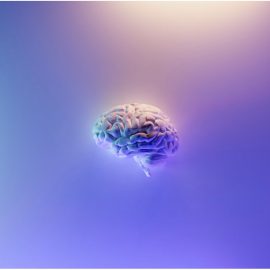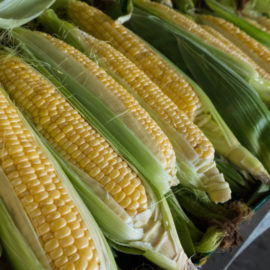

This article is an excerpt from the Shortform summary of "The China Study" by Colin Campbell. Shortform has the world's best summaries of books you should be reading.
Like this article? Sign up for a free trial here .
We know we should be getting enough calcium for bone health, but could too much calcium be hurting us? What’s the link between excessive calcium and osteoporosis?
We’ll cover why calcium, especially from dairy, may not be the way to stronger bones, and may actually lead to osteoporosis.
Calcium for Bone Health: A Myth?
We all know that calcium builds strong bones and we should consume calcium for bone health. Americans consume more calcium, in the form of dairy products, than most people in the world. So our bones should be stronger than everyone else’s.
But they’re not. Americans age 50 and older have one of the highest hip fracture rates in the world. The few countries with higher rates, like Australia and New Zealand, eat more dairy than we do. How can this be?
The Problems with Calcium For Bones
Problem #1: Animal Protein in Milk Increases Acid in the Body
When we think of calcium, we think of milk. Therefore, milk must protect us from developing osteoporosis, right? Dairy gives us calcium for bone strength.
But one problem is that dairy contains nutrients other than calcium. One such nutrient is protein. Animal proteins (not plant proteins) increase the acidity of our blood. When our blood and tissues become more acidic, the body pulls calcium from our bones to neutralize the acid. This calcium loss weakens bones.
Studies suggest that 70% of fracture risk in women over 50 can be attributed to eating animal protein. Women who eat a lot of animal protein lose bone four times as quickly as those who get most of their protein from plants. More than 87 separate studies have found a link between animal protein and increased risk of bone fractures.
Further, populations that get most of their protein from plant sources have virtually no bone fractures.
Problem #2: Calcium Decreases the Body’s Ability to Regulate Calcitriol, a Supercharged form of Vitamin D
A second problem with the idea that we need lots of calcium for bones is that calcium affects how our bodies use vitamin D.
In a normally functioning system, calcitriol determines how much calcium we absorb from food and how that calcium is distributed in the body.
But if we take in too much calcium over long periods of time, calcitriol becomes less effective at managing calcium, and we may excrete more than we absorb. In this way, there’s a link between calcium and osteoporosis risk.
Dairy contains both animal proteins, which produce acid, and high amounts of calcium, which can disrupt the body’s ability to properly use that calcium. Because of these two factors, eating dairy products may increase rather than decrease your risk of osteoporosis.
Evidence-Based Ways to Minimize Your Risk
- Exercise. Most kinds of physical activity help increase your bone density.
- Get your calcium from plant sources, like beans, leafy vegetables, and non-dairy milks.
- Reduce your salt intake. Studies link high salt intake to osteoporosis risk.
Although we’ve been told we need lots of calcium for bone health, how we get that calcium may be important, and you could be getting too much of it.
———End of Preview———

Like what you just read? Read the rest of the world's best summary of "The China Study" at Shortform . Learn the book's critical concepts in 20 minutes or less .
Here's what you'll find in our full The China Study summary :
- Why animal proteins (meat, milk) might cause cancer, diabetes, and other diseases
- Why the medical institution is structured to hide the truth about disease and food
- The precise diet you'll need to eat to live longer and feel happier






